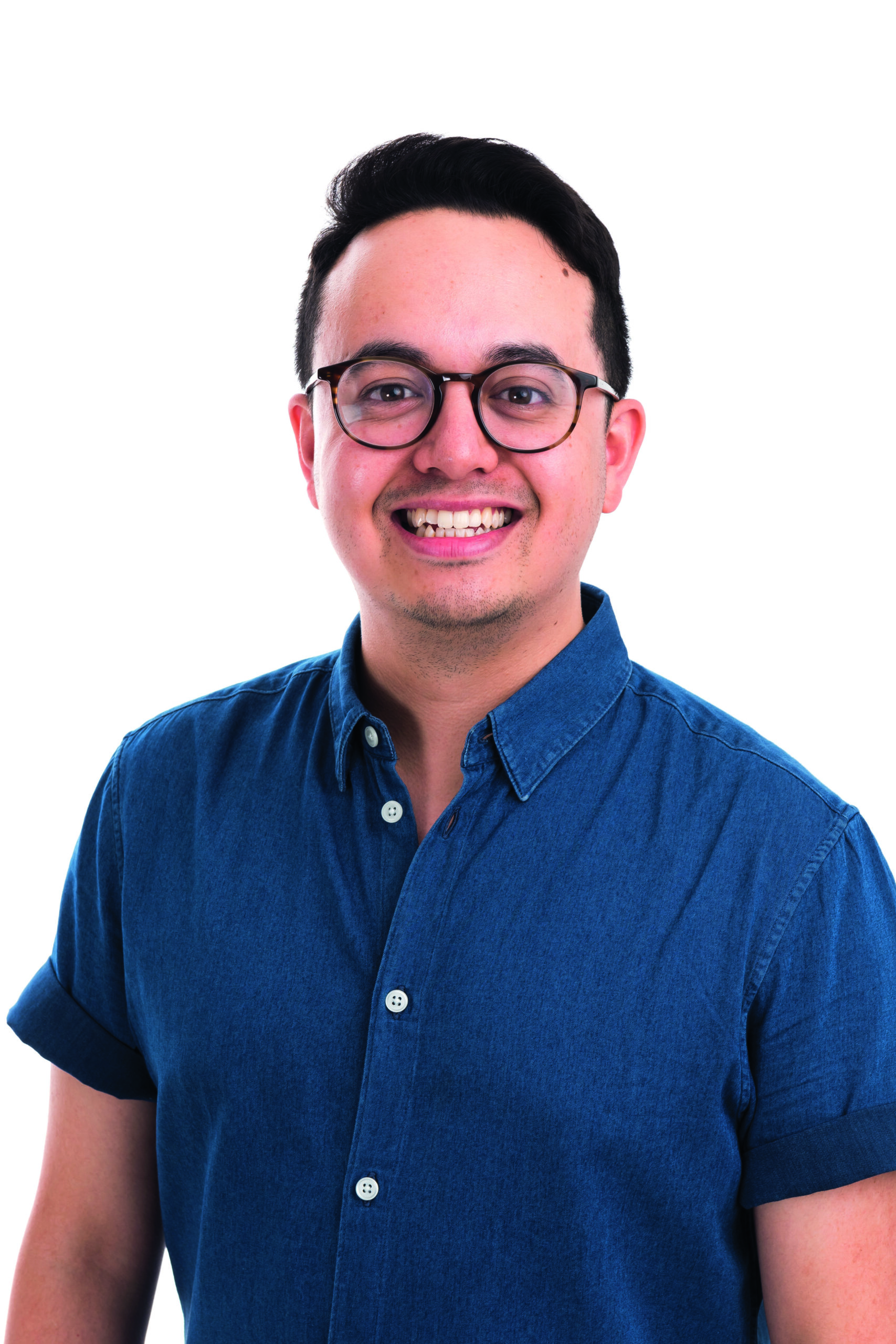I first became interested in family history about 40 years ago when my wife told me about her great grandmother, Monika Hauser, who moved from Freiburg to London during the 1870s.
Researching German records for Monika’s ancestry was a steep learning curve, but very useful.
When it came to tracing my own family tree, my 3x great grandmother Mary Rippin née Coquard seemed an interesting person to follow. Her French maiden name made me wonder if she had Huguenot ancestry.
I consulted copies of the Huguenot Society’s records at London Metropolitan Archives and discovered that Mary sought help from the Coqueau bequest, a Huguenot relief fund established in 1745. At the time she was a widow with two children, living in a notorious slum in Shoreditch known as the Old Nichol.
I then discovered that Mary’s paternal grandfather, Quentin Coquard, made a profession of faith stating that he was originally from Moislains in Picardy, northern France. It also said that he came to England in 1761 when he was aged 23, so he was born c1738.
Unfortunately, the records for Moislains are held in the Departmental Archives of the Somme, and correspondence had to be in French. Since it was the 1980s and there was no internet access, translation was difficult.
My eureka moment
I continued to investigate Quentin’s life in London. Like many Huguenots, he was a silk weaver and settled in Spitalfields, where he married Elizabeth Clifford in 1764. The couple had five children, including my 4x great grandfather, William.
Quentin integrated into society and built up a successful business, taking on an apprentice named Thomas Clark in 1769. Then, in 1782, he served as a juror at an inquest regarding the death of a woman in suspicious circumstances.
After retirement, Quentin applied to become a resident of the French Hospital – a home for people of Huguenot descent in Finsbury (now located in Rochester in Kent). He was admitted on 3 February 1810, and died on 10 April 1814.
Despite finding plenty of information about Quentin’s later years, I still couldn’t proceed any further when it came to researching his life in France.
However, a breakthrough came when I read the ‘Best Websites’ article in the May 2018 issue of Who Do You Think You Are? Magazine, on European genealogy. The author, Jonathan Scott, suggested that anyone with French ancestry should try using Geneanet.
Following Jonathan’s advice, I visited the website and put Quentin’s name into the search box. Within seconds, I had found a biography for my 5x great grandfather!
My breakthrough
The information had been uploaded to Geneanet by a French genealogist named Alain Diot, who had undertaken a lot of archival research into the Coquard family. He also supplied a family tree dating back to the mid-1600s, along with dates of baptisms, marriages and burials.
Quentin’s own baptism took place on 1 February 1738 at Moislains, which matched the location in his profession of faith. Importantly, I also discovered that his parents were Michel and Marie – the same names Quentin gave his eldest son and daughter.
Although my French origins may no longer be a mystery, there is still work to be done. First, I need to obtain print copies of the records myself (vital when taking information from public family trees), and I also need to learn more about France in the 1760s more generally.
Second, it appears that Quentin travelled to England alone. Does that mean all of his family were Protestants, or was Quentin the sole convert? It would certainly be interesting to find out!
Jon Bauckham is a freelance journalist based in Bristol, UK. He holds a degree in history and was previously the features editor at Who Do You Think You Are? Magazine and a section editor at BBC History Magazine. You can follow him on Twitter.

